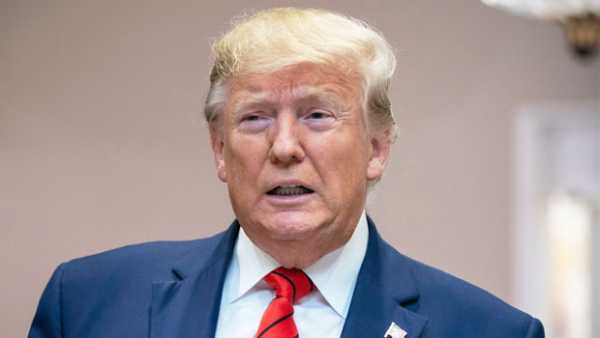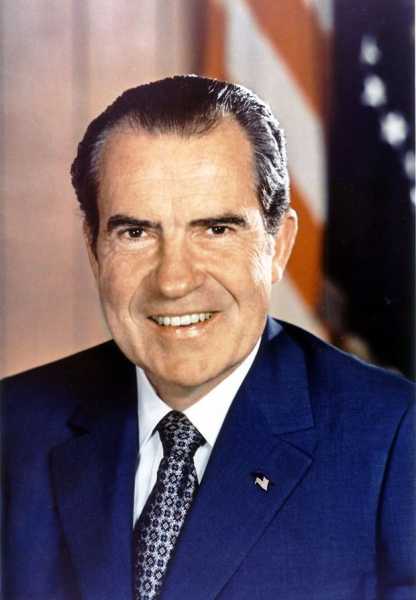
As the House Intelligence Committee’s Trump impeachment inquiry continues, viewers have expressed confusion about what impeachment actually entails. Look no further.
It’s a common misconception that impeachment means the immediate removal of the president from office, when in reality, it’s a lengthy process that includes multiple hearings and votes. Currently, dozens of witnesses and officials are facing questioning before the House Intelligence Committee, as Congress investigates whether President Donald Trump‘s controversial phone call with the president of Ukraine requires his impeachment. In order for that to happen, his actions — allegedly urging President Volodymyr Zelensky to investigate his 2020 election opponent, former Vice President Joe Biden — qualify as “treason, bribery, or other high crimes and misdemeanors,” as proclaimed by the Constitution.
Impeachment typically refers to the filing of formal charges, rather than removal from office — the ultimate check Congress can wield over the president. The House of Representatives is currently in the middle of their impeachment inquiry, as stated prior. Should they conclude after the hearings that there is sufficient evidence to impeach, the matter then goes to the Senate; the Senate then holds a trial to decide if the president should be removed, and banned from holding a federal office in the future. The impeachment process is long and arduous, due in part to the Founding Fathers’ ambiguous “high crimes and misdemeanors” phrasing. While it’s clear what “treason and bribery” are, there is no definitive meaning of the other offenses.
During President Richard Nixon‘s inquiry in 1970, then-House Minority Leader (and future president) Gerald Ford defined impeachment as, “whatever a majority of the House of Representatives considers it to be at a given moment in history.” Read: impeachment by Congress does not need to be because of a criminal offense. Congress has impeached 19 people in the history of the United States, mainly federal judges. Two presidents have been formally impeached: Andrew Johnson, in 1868, and Bill Clinton, in 1998. Neither were removed from office. Richard Nixon resigned in 1974 before the impeachment process could be completed.

Peter Heimsath/Shutterstock

Peter Heimsath/Shutterstock
The Trump impeachment inquiries are different from the Clinton and Nixon investigations. Three House committees — Intelligence, Oversight, and Foreign Affairs — are conducting the investigations, as opposed to Clinton’s one (House Judiciary). As House Speaker Nancy Pelosi has explained, while Intelligence will take the lead in the investigation, Judiciary will hold the actual vote on articles of impeachment. As of press time, we’re on Day Three of the House inquiry. It took six days for House Judiciary to recommend three articles of impeachment against Nixon in July 1974, and three days for the committee to recommend two articles against Clinton in December 1998. It is unclear how much longer the current inquiry will go.
Sourse: hollywoodlife.com






